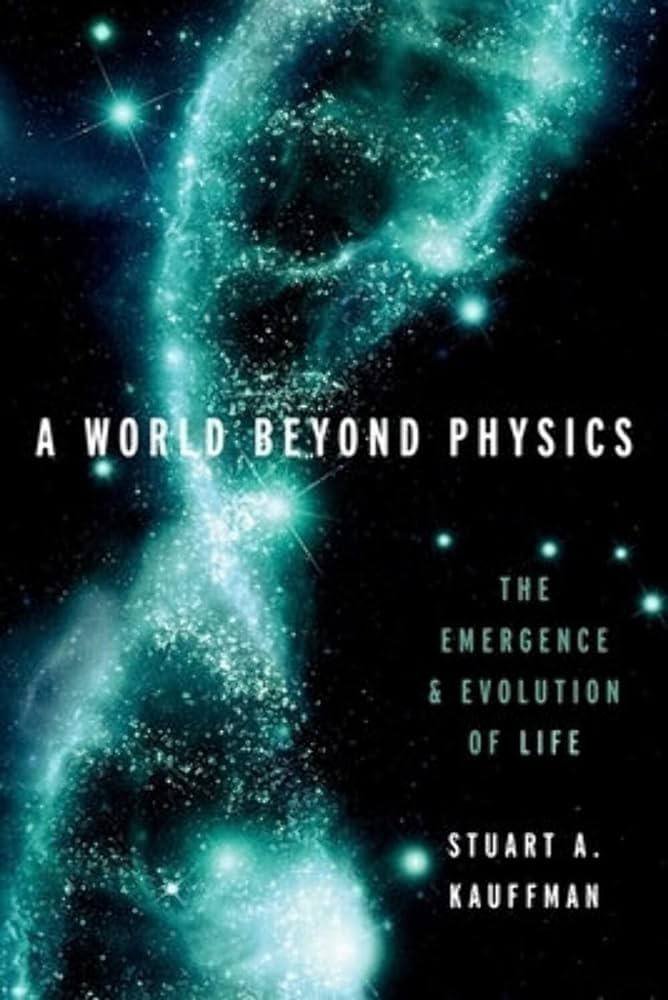
A World Beyond Physics
Private Book Reader
Access your private PDF books securely. Upload and enjoy reading your personal collection anytime.
Read Your Private BookShort Audio Book Summary
A World Beyond Physics Summary
0:00 / 0:00Reviews
No review yet. Be the first to review this book!
Description
"A World Beyond Physics: The Emergence and Evolution of Life" is a book by Stuart A. Kauffman, a theoretical biologist and complex systems researcher. Published in 2019, the book explores the origins and development of life on Earth from a scientific and philosophical perspective, challenging traditional reductionist approaches to understanding the phenomenon of life. In "A World Beyond Physics," Kauffman argues that life represents a fundamentally new and unpredictable phenomenon that cannot be fully explained by the laws of physics alone. He proposes that life emerges through a process of self-organization and complexity, driven by the interactions of simple components within complex systems. Kauffman draws on insights from biology, chemistry, physics, and complexity science to develop his theory of "autocatalytic sets," which he suggests may have played a crucial role in the origin of life. Autocatalytic sets are networks of molecules that catalyze each other's formation, leading to self-sustaining and self-replicating systems capable of evolving over time. One of the central themes of the book is the concept of "biospheres," which Kauffman defines as dynamic networks of interdependent organisms and ecosystems that co-evolve with their environment. He argues that life shapes and influences its surroundings, creating feedback loops and emergent properties that cannot be understood by studying individual components in isolation. Kauffman also explores the implications of his theory for our understanding of evolution, consciousness, and the future of life on Earth. He suggests that life may be more common in the universe than previously thought and that the emergence of life may be an inevitable outcome of the laws of nature. Overall, "A World Beyond Physics" offers a provocative and thought-provoking exploration of the nature of life and its place in the cosmos. Kauffman's interdisciplinary approach and bold ideas challenge readers to reconsider their assumptions about the origins and evolution of life, opening up new avenues for scientific inquiry and philosophical reflection.

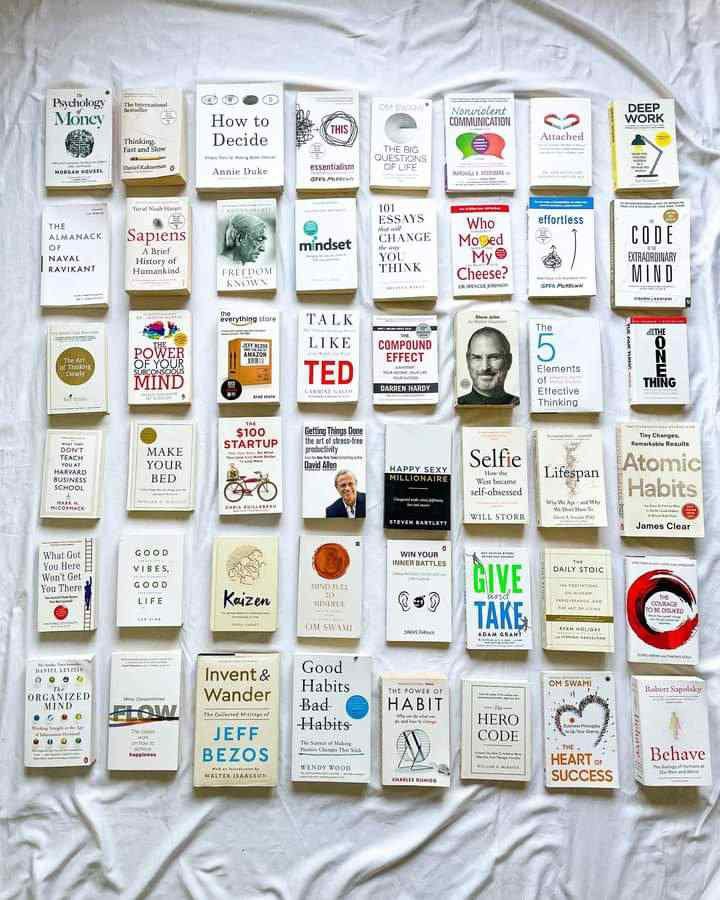












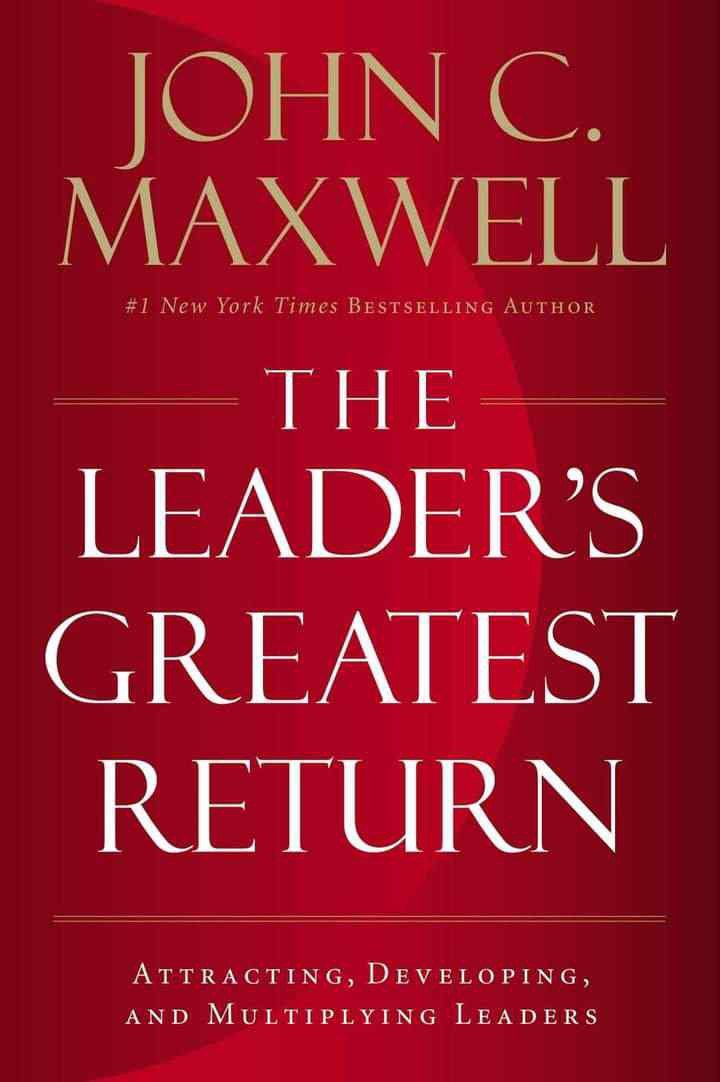





.jpg)
.jpg)








.jpeg)







.jpg)




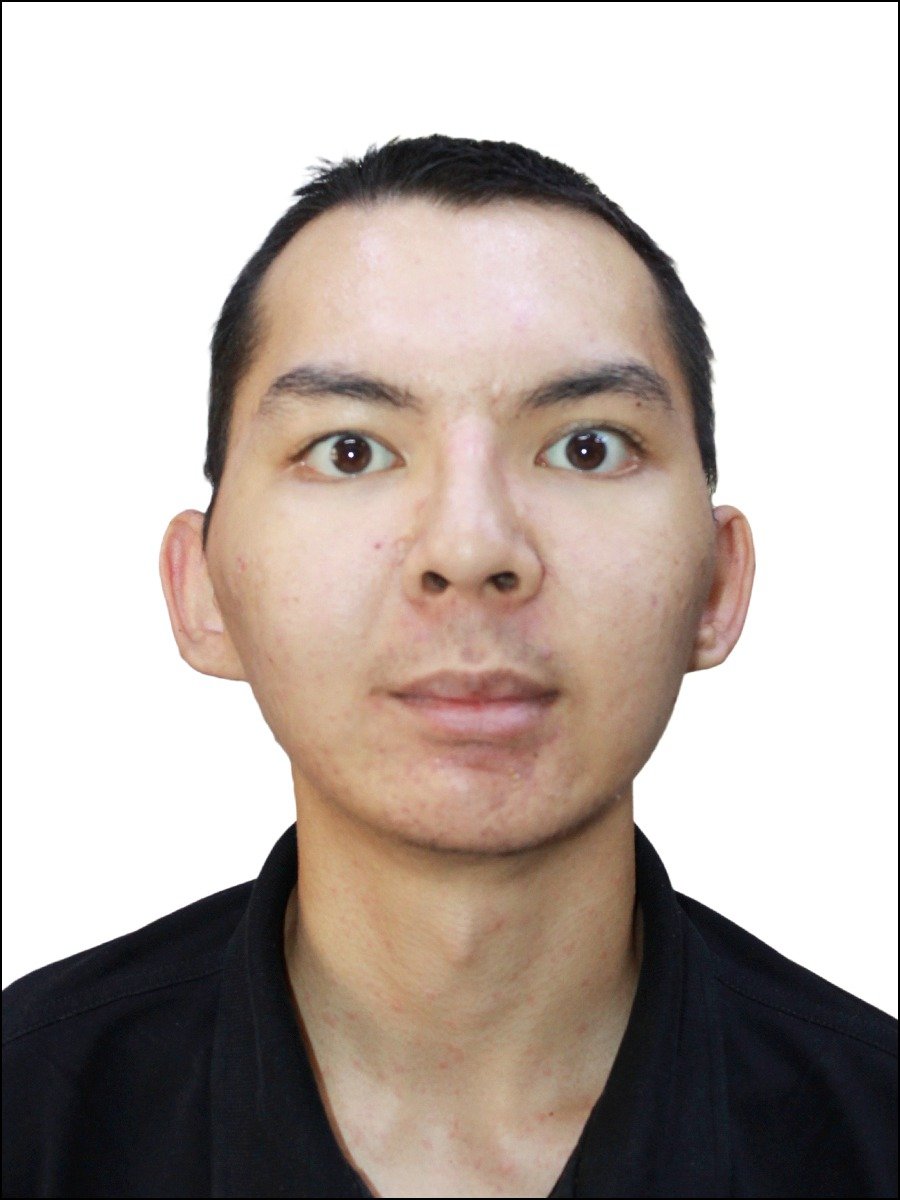









.jpeg)
.jpeg)




.jpg)
.jpeg)

.png)




.jpg)



















.jpg)


.jpeg)
.jpg)
.jpg)



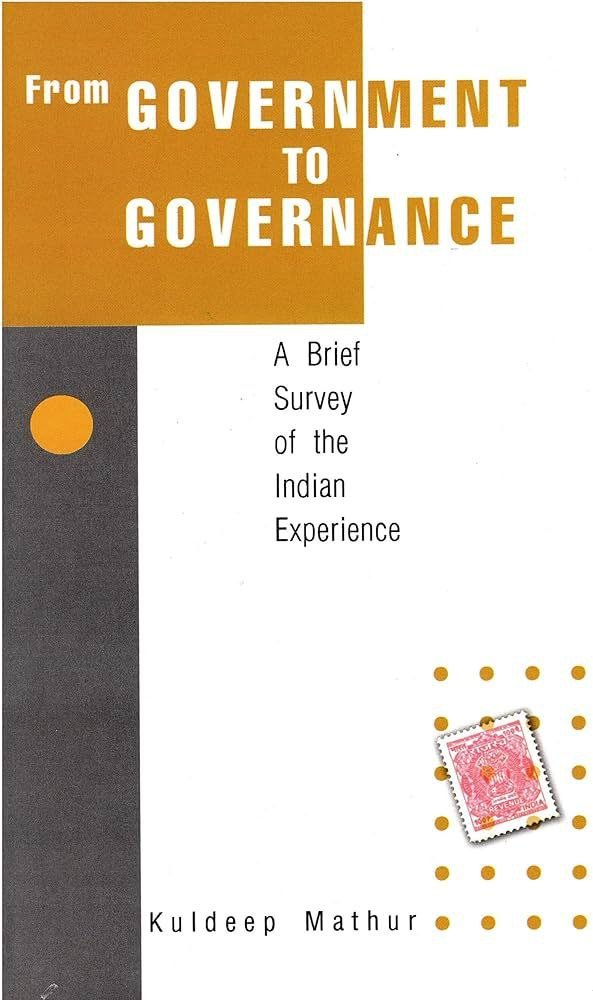
















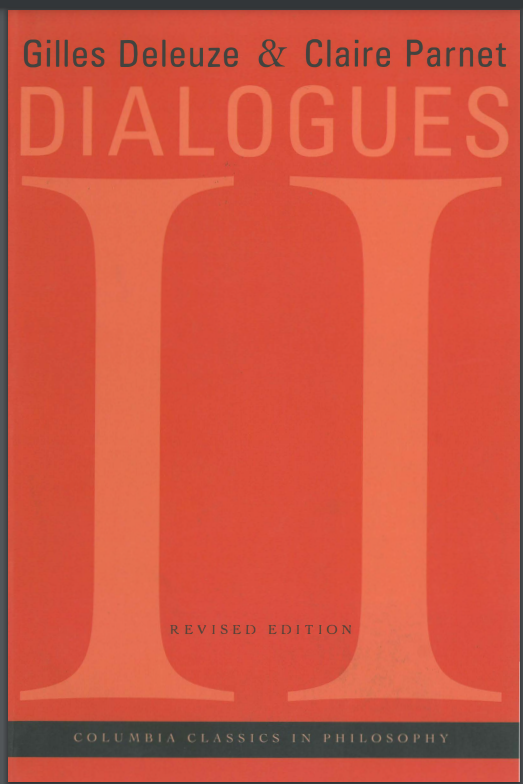

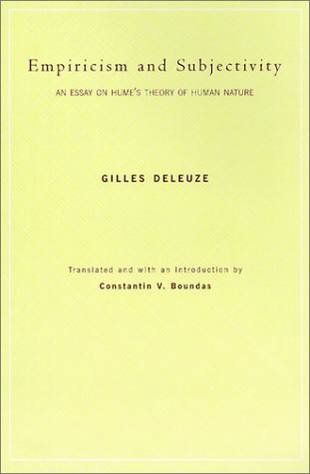


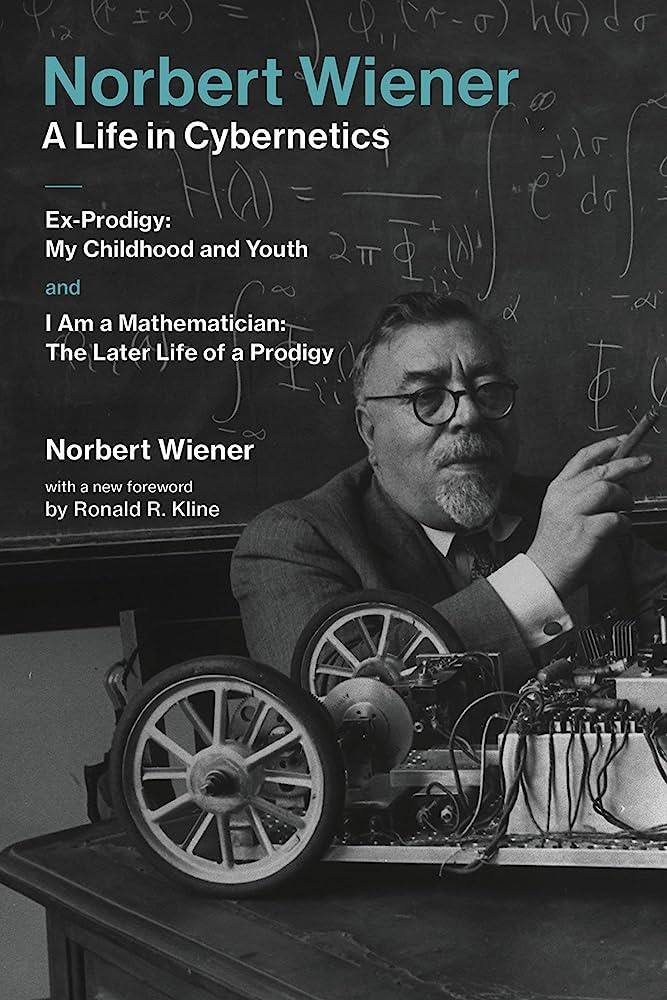
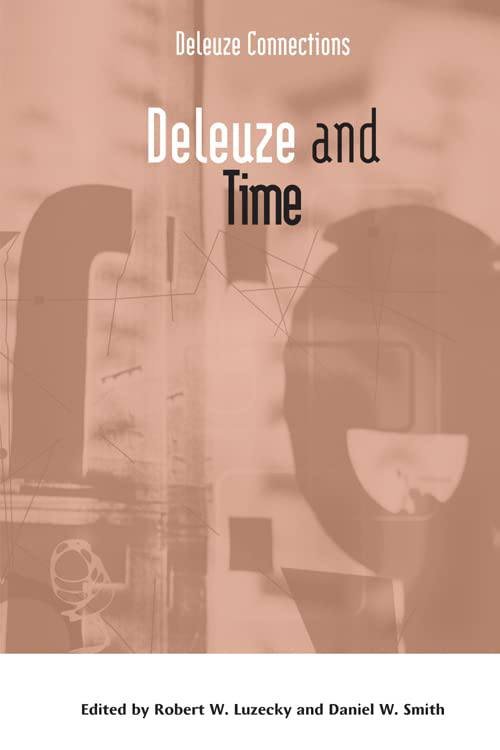

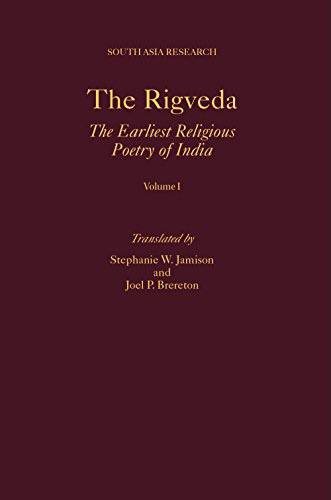


.jpeg)
